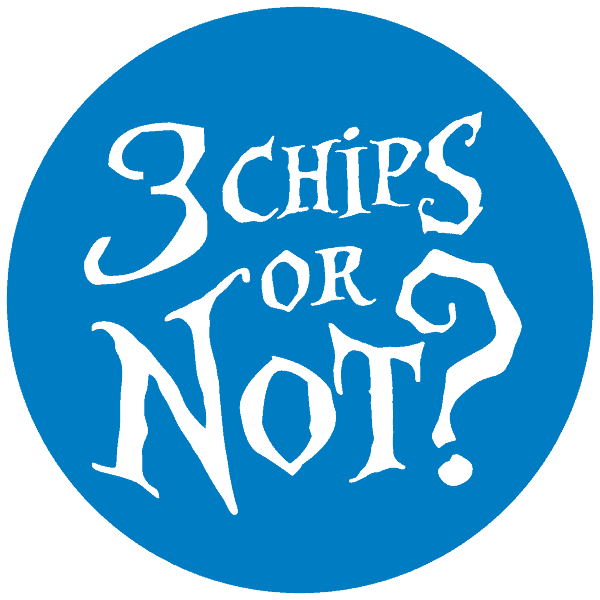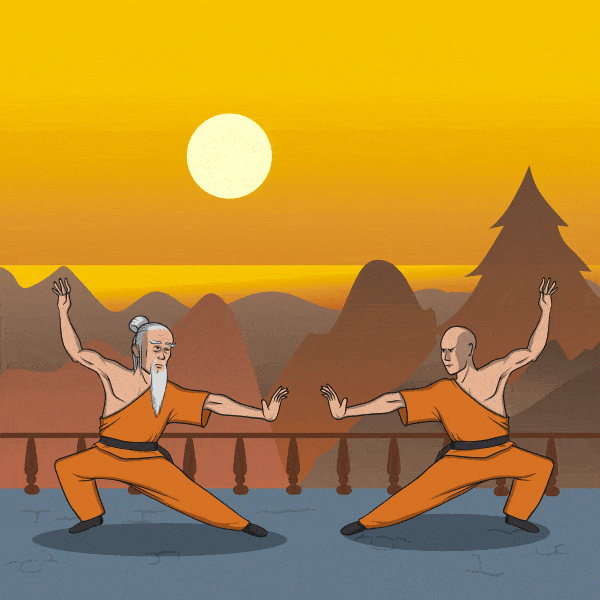The concept of non-duality and there not being a separate ego has become mainstream in recent times. It has been popularized by great thinkers such as Eckhart Tolle, Chopra Oprah, and the like. I do get it – yes, we are not our physical bodies or our current avatar or identity. We are souls. We are consciousness. Brangelina was never real in multiple ways.
Buddhism’s Four Noble Truths and the application of our own common sense tell us that attachment and desire are the root of all suffering. It’s an oxymoron to expect permanent and complete internal happiness from ever-changing or temporary external sources. If we can detach ourselves from the illusory outside temptations around us, and look to our inner selves for happiness instead, we may finally find it.
I can visualize a heavenly state where all of our human bodies have dissolved, and we are free to unite – a place where everyone’s soul would mingle together until we are all one big ball of light and harmony. There would be no barriers or genders or age or cellulite or You and I.
Those who have had near-death experiences come back and tell us how bright and loving the energy was on the other side, how badly they wanted to remain a part of it, before they were told that it was not yet time, and they must come back to Earth to finish their journey first.
It seems logical that once human bodies and identities disintegrate, then hate, jealousy, wars, and loneliness would naturally disappear as well. What would be left would be a powerful, irresistible joining of all our energies into one blinding source of love and happiness.

All of this makes complete sense to me. And it’s what has been imparted by Buddhism, Hinduism, and many other great religions and teachers. I don’t find anything dogmatic about it, an objective examination of these concepts renders them believable – provided that souls do exist.
But here is where I get incredibly confused: What then? What happens once we are only consciousness, when we’ve managed to release ourselves from the temptations of the world and forever-after exist on a celestial plane where our minds stay blank and steady? Are we supposed to remain catatonic for eternity? Are we never again to anticipate any activity or challenge?
Meditation is traditionally thought to be a worthy state to pursue, a tool to bring us closer to nirvana. The blanker the mind, the better.
But how many of us can imagine sitting in a meditative-like state for billions of years, doing or feeling nothing? Sure, meditation is great for a small stretch of time, one that might even last days or weeks if you’re a monk. There is no doubt that it IS a powerful tool in calming us down, making us more focused, and helping us to breathe. But at some point we can’t keep suppressing our curious and active intellects, or our free will, neither of which is passive or inanimate. We are not rocks. We are not mountains. We are sentient beings that feel and think. How is it natural to strive for a state of being that resembles meditation, or a lobotomy, as our ultimate destination? Even if there is a blissful feeling of love when we get there, it’s just one constant emotion with no change or challenge. Like an infinite zombie orgy. What would be the point of the Universe giving us the ability to make decisions with our thinking minds, but then expecting us to not use it in order to be truly happy? It seems contradictory to our nature to strive to reach a “nirvana” where the goal is to suppress our innate, energetic qualities.
Note that I’m not questioning our time here on Earth, in our current avatars. The guidance we get from the Swamijis in my Hindu community is to detach and meditate, but to also serve mankind through acts of volunteering and charity. It’s a concept called seva, or service. I wholeheartedly believe in it, and welcome it. It’s a great solution to the aforementioned conundrum – detach from the rat race and roller coaster of life to obtain more internal happiness, but keep yourself busy by teaching and serving others. It’s not something I would want to do for eternity – be reborn again and again as a human or physical body but strive to remain detached from it while I serve others. The temptation of sensory pleasures and self-gratification when stuck in a single body might be too hard to resist each time. It’s also very lonely. But I think it’s a great interim solution while waiting to pass on and obtain eternal bliss in the afterlife. That and bingeing YouTube videos.
My main problem is that I find it difficult to reconcile what supposedly happens once I am no longer being born into a physical body. I don’t understand what one is supposed to do with an intelligent consciousness and active free will then? If there is no one to serve and nothing to occupy us, how will we exist without becoming restless? Does the bright light and love that people experience during near-death involve the extinguishment of any separate thoughts or abilities?
OTHER POSTS YOU MIGHT LIKE
Perhaps it does. Perhaps when we get there, the bliss we experience is like the deep sleep we fall into when we go to bed every night. I would love to sleep for eternity and never wake up again. Since I’m single with no kids, I’m mostly napping in my current life anyway – my brothers accuse me of being a cat, always wanting to stretch out where I can, preferably near a fireplace. I would love to be in a permanent state of sleep, I have no desire to keep this free will I’ve been “gifted”.
Frankly, I think that free will is overrated. I’d like to return it, please, and be a table in my next life, or perhaps a cookie. But somehow I doubt that’s possible, I doubt that’s what bliss or nirvana is really like. The very nature of our sentient beings is free will and consciousness. That is what distinguishes us from the inert objects around us. It seems illogical that the act of enlightenment means getting rid of our core essence completely. Why would we have been given it in the first place if the goal was simply to obliterate it?
This is why I am so confused, I just can’t seem to resolve the contradiction. It feels like we can’t win either way. As the Four Noble Truths state, being attached to the ups and downs of life is a surefire way to experience anxiety and unhappiness. Desire does seem to be the root of all suffering. But being detached from everything might breed boredom or a suppression of our innate intellectual, sentient, and free-willed natures. Which way are we supposed to go?
I haven’t seen anyone else talking about this before. It seems as if everyone is stuck on the first step of spiritual awakening – a dawning realization of the illusory nature of our egos and the discovery of consciousness. It’s a concept that has been in the East for centuries, but it’s just now made its way to the West and tickled the fancies of those who’ve newly understood it. And the comfort of that knowledge is enough of a cosmic blanket to keep us warm – we don’t dig further. Sadly, in between snoozing and surfing, I have plenty of time to use my shovel. And I can’t help but have a discomforting feeling that the popular perception of consciousness, free will, and nirvana all contradict each other. Apologies for being the one to point out that the Emperor has no Clothes. I wonder if anyone else can see it?
- Likes: 1
- Shares: 0
- Comments: 1
WE are a divine unit of consciousness, Soul. Created by the Creator from the essence of Itself. So we have all the attributes of God within us. Earth is like a school, we are here to learn. Each lifetime we move "up" a "grade" but not always because if we screw up badly we simply have to repeat the grades over and over until we get it. We do have freedom of choice. Our purpose, over our many many human lives (thousands) is to ultimately recognize and manifest these divine qualities. To become God realized beings, like Jesus, Buddha etc.

